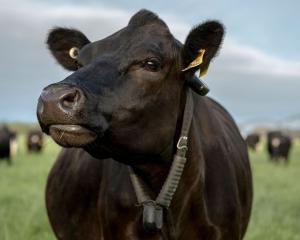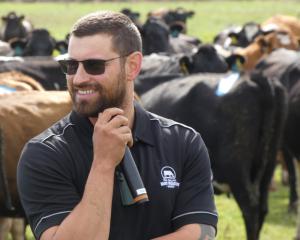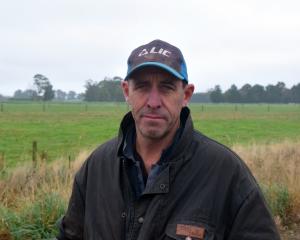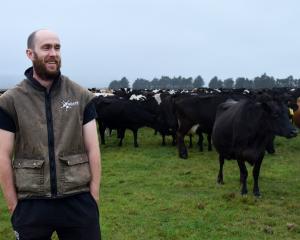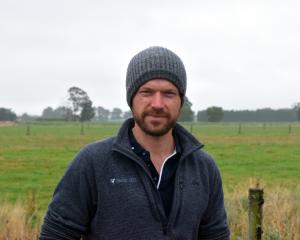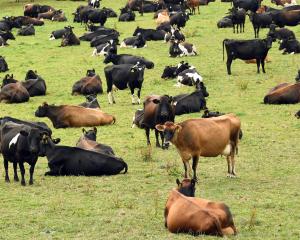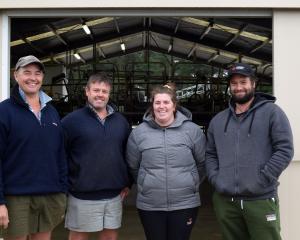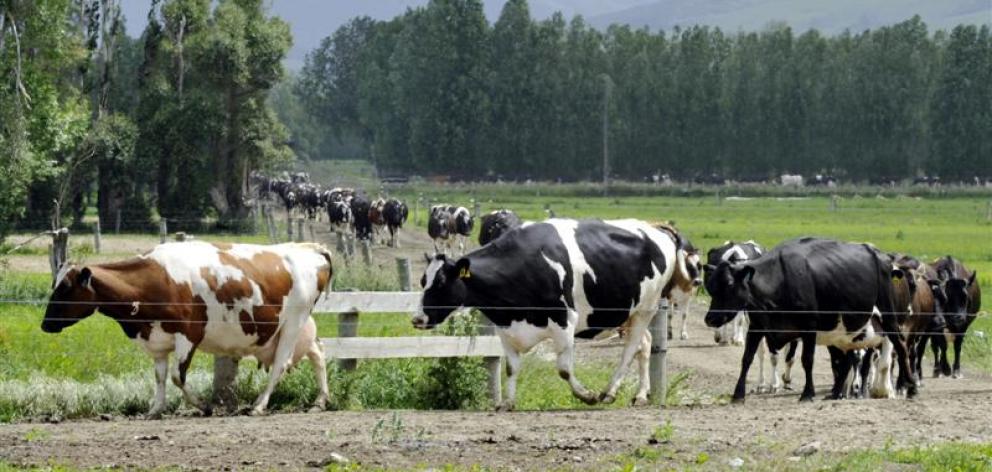
But the Government has warned the agriculture sector that if it does not do enough to manage and mitigate on-farm emissions, it could be hauled into the scheme as early as 2022.
Last night, the New Zealand Herald revealed the Government had chosen to work with farmers to develop a plan over the next five years to reduce greenhouse gases.
This plan, called He Waka Eke Noa, means the sector has to improve on-farm emission monitoring tools, increase greenhouse gases reducing technology and develop plans which include a climate module.
Prime Minister Jacinda Ardern says this is a "historic consensus" and her deputy, Winston Peters, says the decisions show the Government has listened to farmers.
The plan means the Government and industry will also work together to find pricing mechanism for on-farm emissions in 2025, alternative to the ETS.
If industry players stick to the agreed plan, agriculture won't be included in the ETS at all.
Ardern said reaching this agreement with the agricultural sector was an important "world-first".
"For too long, politicians have passed the buck and caused uncertainty for everyone while the need for climate action was clear."
Peters said: "We welcome the co-operation of our primary sector organisations who have been advocating for a smooth transition towards meaningful emission reductions".
In July, the Interim Climate Change Commission (ICCC) recommended the Government starts taxing farmers through the ETS from 2020 until 2025.
This would cost dairy farmers 1c on every kg of milk solids and between 1c - 4c per kg of meat.
DairyNZ chief executive Tim Mackle said he was pleased the Government did not adopt this approach.
"A new tax, in the form of a processor levy in the ETS, would have taken money out of farmers' pockets at a time when it would be better-invested on-farm to prepare for and start the process of reducing emissions."
The 11 sector group leaders involved in crafting He Waka Eke Noa said in a statement this morning they were pleased the Government had recognised that it does not make sense to bring agriculture into the ETS.
Although the Government is working with the sector, it has threatened that if things don't change then farmers will be dragged into the ETS nevertheless.
Next month, a bill will go before the House which contains a provision that farmers will be taxed on 5 per cent of their emissions from 2025 if it does not meet the commitments made in He Waka Eke Noa.
As well as this, Cabinet agreed that in 2022, the ICCC will check in on the progress that has been made.
If it's not happy, the Government can bring the sector into the ETS at the processor level before 2025.



